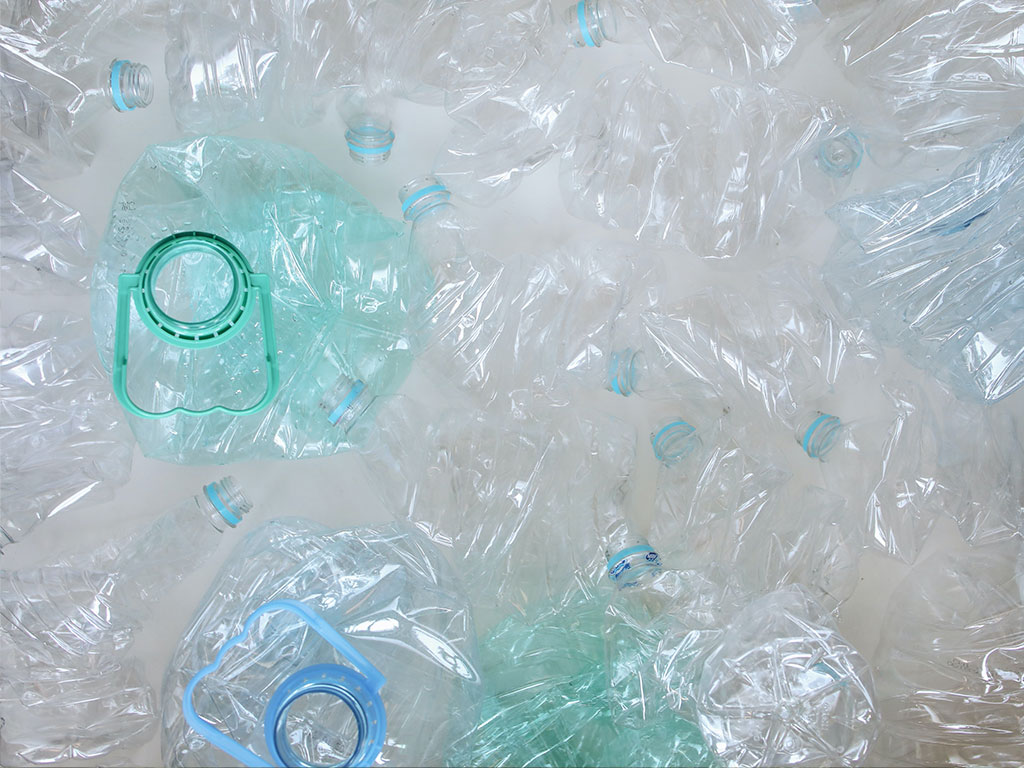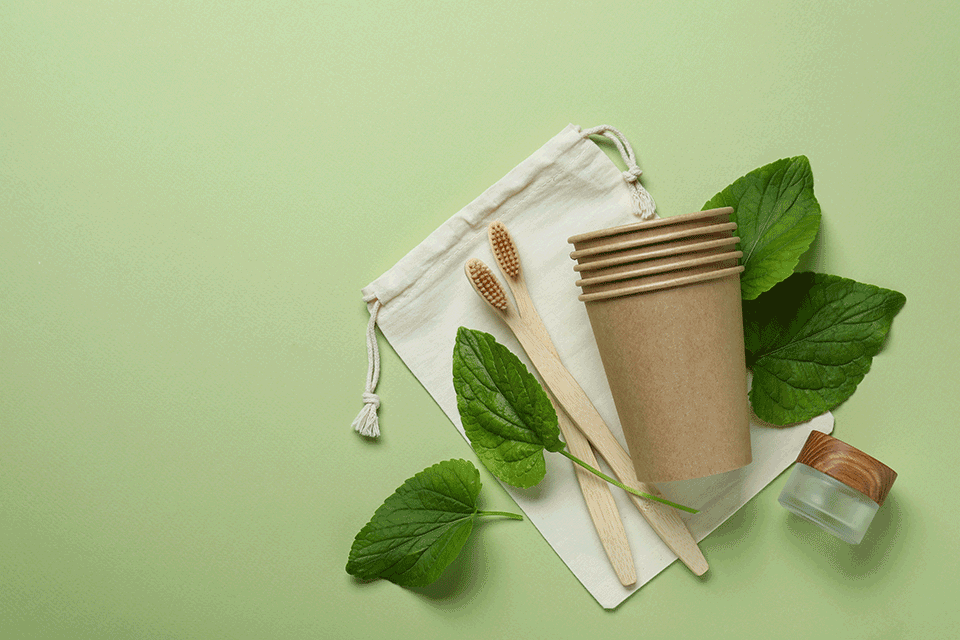Bio Future World, a Massachusetts-based supplier of biodegradable plastic packaging, is patenting containers made of polyvinyl alcohol (PVA) that dissolve in hot water.
The company’s filing with the U.S. Patent and Trademark Office claims a PVA composition of:
- 40% water as a main solvent;
- 40% polyvinyl alcohol as a biodegradable, water-soluble base material;
- 6% sodium hydroxide solution 1M as a catalyst;
- 8% stearyl alcohol and 2% glycerin as the plasticizer substance; and
- 4% talc powder to increase mechanical properties.
Bio Future World says bottles and containers made using this method are soluble in hot water above 80°C or 176°F. According to the filing, they would also be completely biodegradable, decomposing without releasing any harmful or poisonous residue. Additionally, the items are claimed to exhibit very high resistance to chemical solvents and oils, among others. This makes them suitable for packing food, liquids, chemicals, oils, and agriculture products.
However, the novelty of the invention may lie in the Bio Future World’s specified PVA composition. The “Invisible Bag” from Hong Kong startup Distinctive Action is a PVA bag that also dissolves in water over 80°C, with plant-based starch as a unique ingredient. Meanwhile, Japanese researchers used starch membrane reinforced with microscopic cellulose fibers for a type of biodegradable plastic that dissolves in seawater. Much like the packaging described in the patent application, these inventions appear to be attempts to counteract plastic’s harmful nature when exposed to extreme heat and its alarming yet still growing presence in the world’s oceans.
An estimated 35.7 million tons of plastic waste was generated across the U.S. in 2018 alone, according to the EPA. Only 8.7% or three million tons of this waste was recycled. Entire industries still heavily rely on plastic packaging for their low cost and wide range of utility. This led to the 27 million tons of plastic landfilled in 2018—waste that will take between 20 to 500 years to decompose.
The environmental toll of plastic use can be best minimized through greener alternatives. But, as Bio Future World points out, there are yet to be any biodegradable replacements for polymer materials. Sustainable alternatives such as paper or cloth are available, and gaining popularity among consumers, industries, and regulators, but they still come with economic and technical disadvantages to single-use plastics.
Packaging made with the PVA composition described in the patent application can serve as a more viable replacement for harmful yet ubiquitous single-use plastics. Its inventors tout an eco-friendly product that is durable, printable, and suitably priced. If such technology is implemented, this century’s still-ballooning consumer culture may have one less byproduct to be worried about in the future.
The featured patent application, “PVA Bottles Biodegradable and Soluble In High Temperature Water”, was filed with the USPTO on July 22, 2018 and published thereafter on July 22, 2021. The listed applicant is Bio Future World LLC. The listed inventors are Ebrahim Yaghoubi and Mehdi Asadi.



